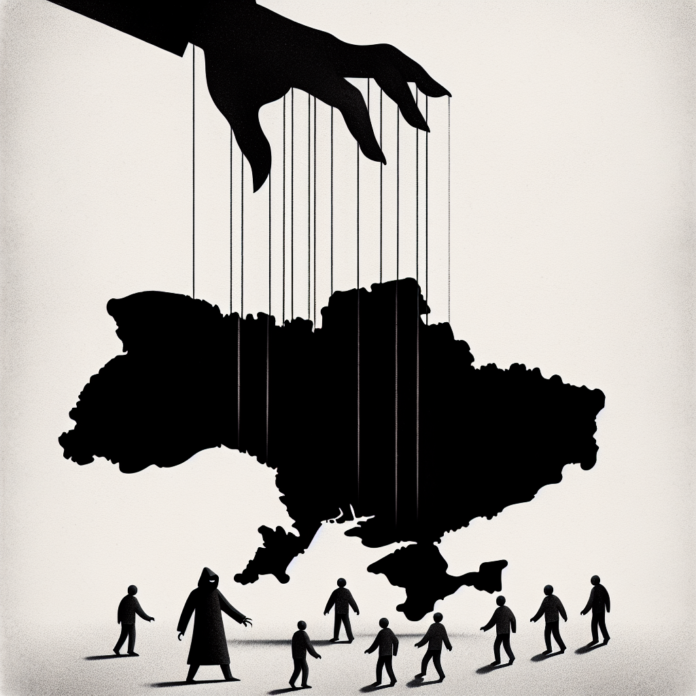Russia’s Role in Recruiting Terrorists for Attacks in Ukraine
The Role of the Russian Federation in Recruiting Perpetrators for Terrorism in Ukraine
In the ongoing conflict in Ukraine, the Russian Federation has been instrumental in orchestrating and facilitating terrorist activities within the region. Recent reports indicate that Russia is actively overseeing the recruitment of individuals to carry out terrorist attacks and bombings, exacerbating the already volatile situation.
Recruitment Strategies and Tactics
The recruitment process employed by Russian authorities appears to be multifaceted, utilizing a combination of propaganda, financial incentives, and social networks to attract potential operatives. Many of these individuals are drawn from marginalized communities or those disenfranchised by the ongoing conflict. The promise of monetary rewards and the allure of participating in a larger cause often serve as significant motivators.
In addition to direct recruitment, Russia has been known to exploit existing extremist groups and networks within Ukraine, providing them with resources and support to carry out attacks. This strategy not only allows for plausible deniability but also serves to create chaos and instability within Ukraine, furthering Russia’s geopolitical objectives.
The Impact of Terrorism on Ukraine
The implications of these terrorist activities are profound, affecting not only the immediate victims but also the broader societal fabric of Ukraine. The fear instilled by such attacks can lead to increased militarization and a cycle of violence that is difficult to break. Furthermore, these actions complicate diplomatic efforts and hinder peace negotiations, making a resolution to the conflict increasingly elusive.
International Response and Accountability
The international community has expressed concern over Russia’s role in fostering terrorism in Ukraine. Various governments and organizations have called for accountability and have proposed sanctions against individuals and entities involved in these recruitment efforts. However, the challenge remains in effectively monitoring and addressing these activities, given the clandestine nature of such operations.
Conclusion
As the situation in Ukraine continues to evolve, the role of the Russian Federation in recruiting for terrorist attacks remains a critical issue that requires ongoing attention and action from the global community. Understanding the mechanisms of recruitment and the motivations behind these actions is essential for developing effective counter-terrorism strategies and ultimately working towards a peaceful resolution to the conflict.

